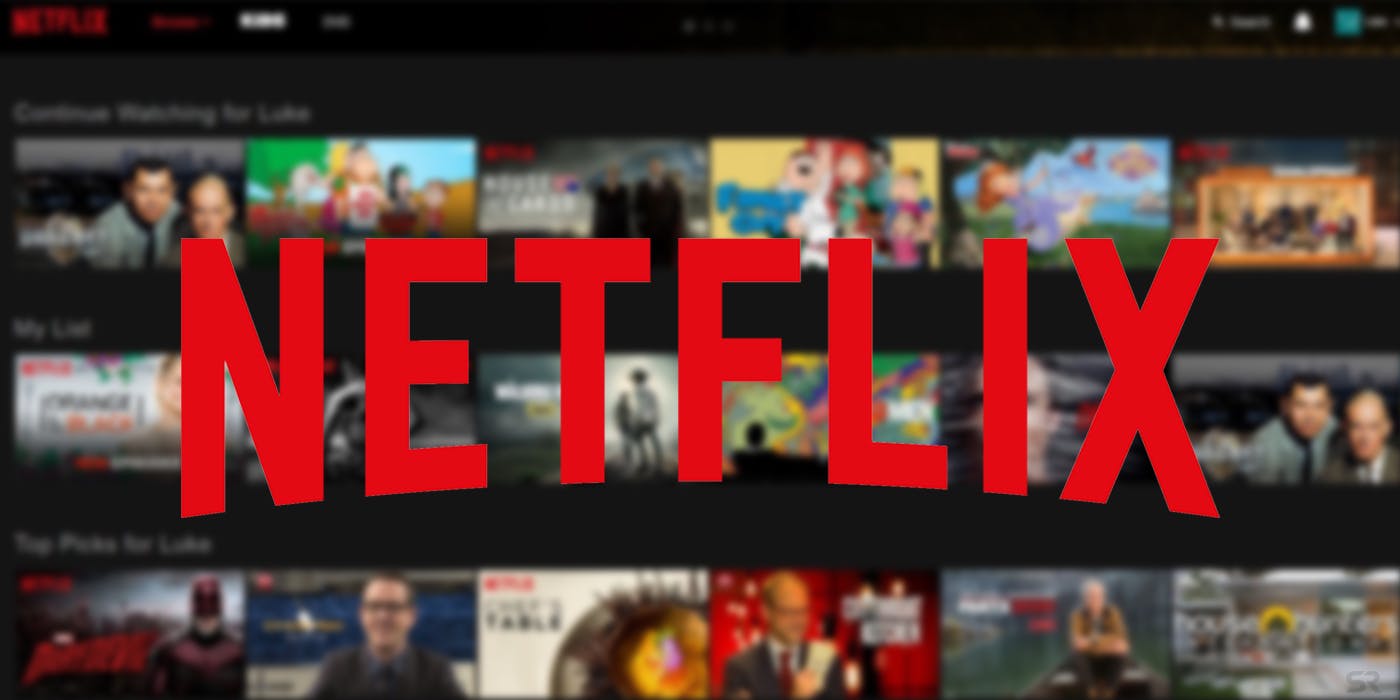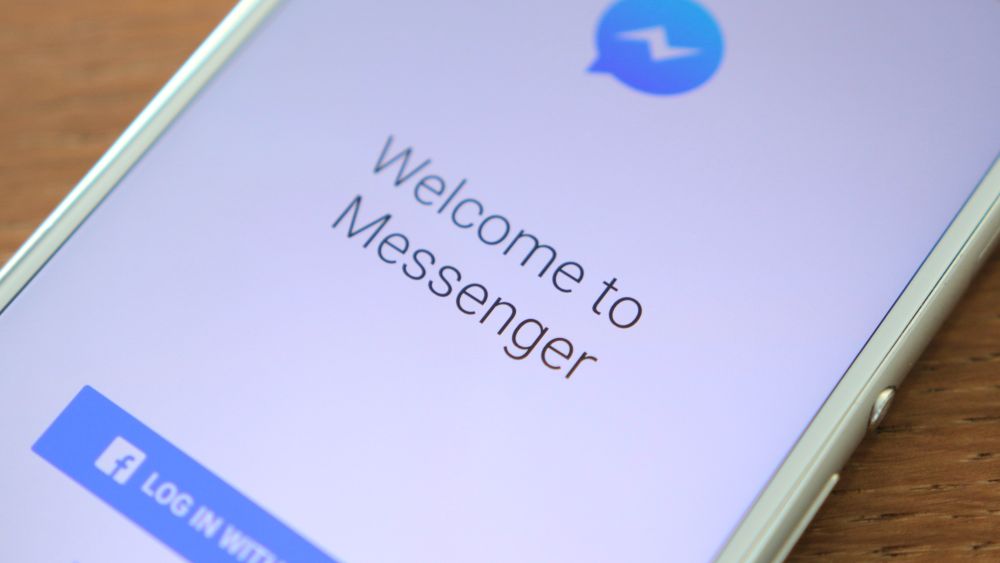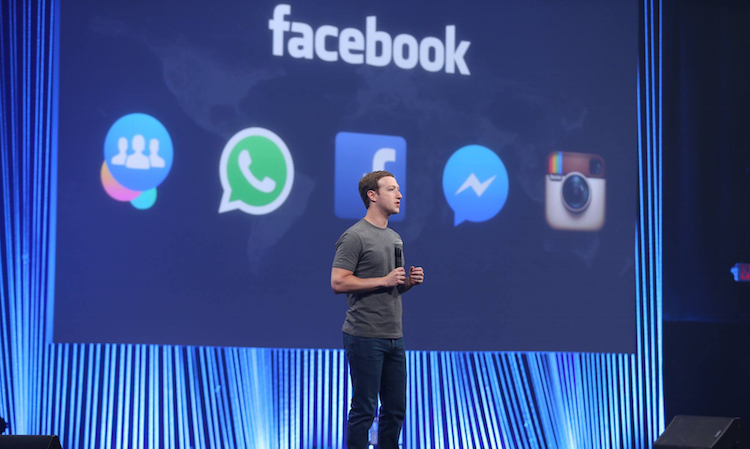It’s not an understatement to say that 2018 clearly hasn’t been a good year for Facebook. From the Cambridge Analytica leak that took place earlier this year, to the hacking in October that saw Facebook login details being sold on the Dark Web. The social network is once again under the purview of the law for reportedly giving bigwig brands access to its users’ data.
Information about the practice came about after an investigation by The New York Times swung the doors wide on the social media giant’s practices, basing its report on more than 60 interviews that included former Facebook employees. Along with 270 pages of internal documents from Facebook and technical tests performed by the news site.
According to the report, Facebook had given several major companies access to its users’ data. These companies include the likes of Netflix, Microsoft, Spotify and Amazon, among others that are still working together with Facebook.

The access given to these companies weren’t your run-of-the-mill access either. The report indicates that the preferential access provided by Facebook enabled some of these brands the ability to not just read, but also to write and delete private messages of specific individuals.
Facebook states that it has done nothing wrong, and that the data referred to in The New York Times report had in fact been used appropriately. In later reports, Facebook tried to explain why it had done what it did, saying that:

“In order for you to write a message to a Facebook friend from within Spotify, for instance, we needed to give Spotify “write access”. For you to be able to read messages back, we needed Spotify to have “read access.” “Delete access” meant that if you deleted a message from within Spotify, it would also delete from Facebook. No third party was reading your private messages, or writing messages to your friends without your permission.”
Naturally, many of Facebook’s business partners claimed they were unaware of such a privilege when the report was released. Spotify claimed it had no knowledge of such offer from Facebook, while Netflix said that it had never checked the private messages of a user. Nor did it ever ask Facebook for the “ability to do so”.

Having said that, Facebook did acknowledge that there were discrepancies where certain companies were given access to the same data. Long after they had ceased services and shut down.
As one would expect, Facebook’s shares took a plunge once The New York Times published it story. As of yesterday, the social network’s stock value fell by 7.25%, bringing the total of loss for the company to 35% since July 2018.

More importantly, the report also paints a picture that many of us are familiar with, about just how valuable personal data is to social networks, as well as its status as a commodity to be traded to several companies in the Silicon Valley.
To that end, A recent CNET suggests that Facebook is also gathering the person information from other app developers. Specifically, apps such as Tinder, Grindr, and Pregnancy+ have reportedly been sharing user information with the social media giant. The data shared includes dating profiles, health data, and religious affiliations, among other things.
(Source: The New York Times, Engadget [1] [2], Techspot, Hot Hardware, CNET, Reuters)
Follow us on Instagram, Facebook, Twitter or Telegram for more updates and breaking news.



